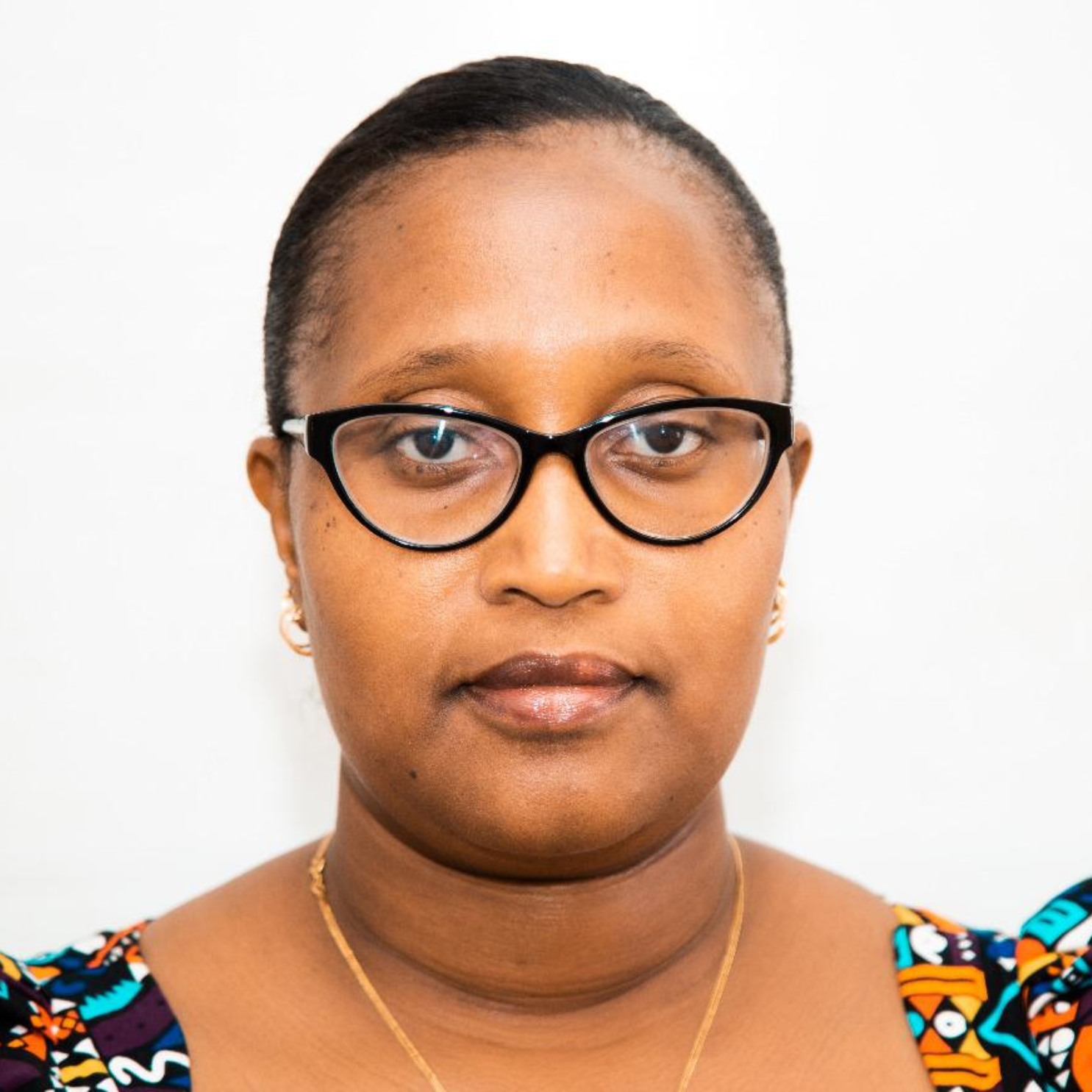
DS
Dr. Deborah Sumari

Senior Research Scientist
dsumari@ihi.or.tzPioneering Malaria Researcher and Advocate for Innovative Diagnostics in Tanzania
Dr. Deborah Sumari is a distinguished senior research scientist with a robust background in microbiology and molecular biology. Her academic journey began at the University of Dar es Salaam, where she earned her Bachelor’s degree in Science, majoring in Microbiology and Chemistry, in 2004. She later completed her Master’s degree in Molecular Biology in 2007 at the same institution. Driven by a passion for innovation in malaria diagnostics and treatment, she pursued her Ph.D. in Life Sciences and Bioengineering at the Nelson Mandela African Institution of Science and Technology (NM-AIST), successfully graduating in 2016. Her Ph.D. research, in collaboration with Cleveland Clinic Foundation and CASE Western Reserve University, validated a novel magnetic device for diagnosing malaria in asymptomatic schoolchildren—a groundbreaking study in Tanzania.
Dr. Sumari has amassed extensive professional experience since joining Ifakara Health Institute (IHI) in 2004 as a master’s student. Her research has been instrumental in understanding drug-resistant genotypes of Plasmodium falciparum, contributing to Tanzania’s shift from monotherapies to combination therapies for malaria treatment in 2006. Her expertise spans testing diagnostic tools, evaluating field applications, and coordinating genotyping activities. From 2019 to 2022, she led a project that tested a new digital diagnostic tool for malaria, yielding promising results and facilitating stakeholder discussions on its adoption. Currently, she leads the five-year CHILD malaria project in Bagamoyo district, assessing the long-term health and socioeconomic impact of interventions targeting low-density malaria infections (LMI) among children.
Dr. Sumari’s milestones reflect her commitment to improving public health. Her research has informed government policy, particularly in the withdrawal of ineffective malaria treatments and the implementation of effective diagnostic tools. She has also pioneered studies on low-density malaria infections, ensuring vulnerable groups such as school-aged children receive adequate care. Her leadership in the CHILD malaria project exemplifies her dedication to translating research into actionable health solutions.
Beyond her research, Dr. Sumari actively mentors M.Sc. and Ph.D. students as an examiner and serves as a reviewer for research articles and proposals. Her work bridges molecular biology and community engagement, underscoring her holistic approach to tackling malaria and improving health outcomes in Tanzania.
